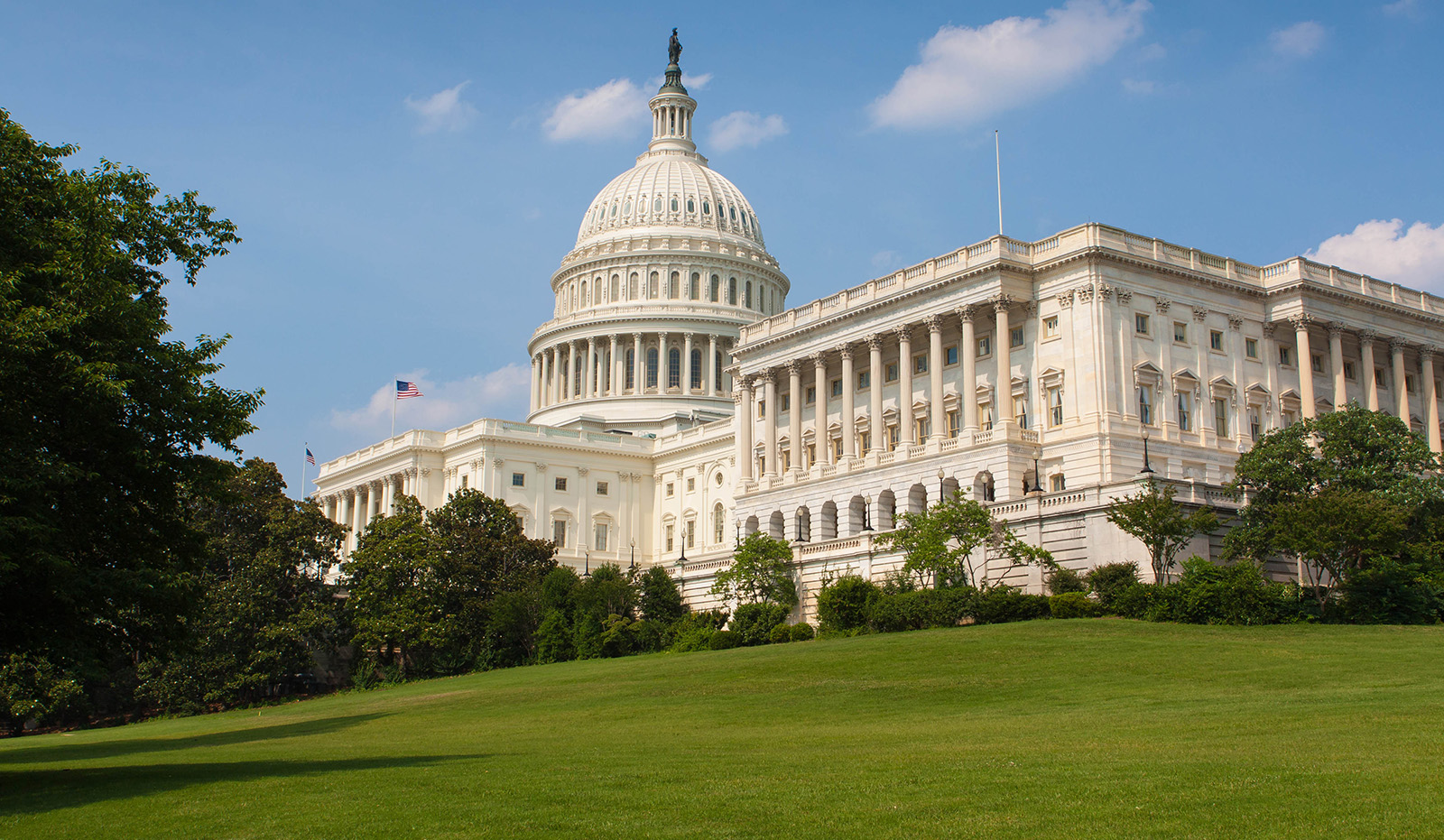2016 Election Results And The Implications For Private Equity
Election Overview
WASHINGTON, D.C – President-Elect Donald Trump sealed his upset over Secretary Hillary Clinton by capturing large swaths of the Midwestern states and securing both Florida and…

Election Overview
WASHINGTON, D.C – President-Elect Donald Trump sealed his upset over Secretary Hillary Clinton by capturing large swaths of the Midwestern states and securing both Florida and North Carolina in the South. While almost every poll predicted a Hillary Clinton victory – FiveThirtyEight’s final models gave Secretary Clinton a 71 percent chance of winning the election on November 8 – President-Elect Trump won by 74 electoral votes, although he trailed in the popular vote and did not win a majority of total votes.
Election night also featured better-than-expected performances by Republicans in both the House and the Senate. As of November 29th, the Republicans are expected to lose only 6 seats in the House, currently maintaining a majority of 239 seats to the Democrats’ 194.* In the Senate, the Democrats failed to win the majority even though they were heavily favored to do so. As it stands, the Republicans maintain a slim majority of 51 seats to the Democrats’ 48.**
Implications For Private Equity
The implications of these elections for private equity are significant. Tax reform has been identified as a major objective for both President-Elect Trump and Congressional Republicans. Due to Republican control of both chambers of Congress and the Presidency, the likelihood of comprehensive tax reform advancing in the first half of 2017 has increased substantially. Several issues important to private equity, including the tax treatment of carried interest capital gains and interest deductibility, will be at increased risk in this environment. For example, the House Republican blueprint, endorsed by Speaker Ryan and Ways and Means Chairman Brady, calls for eliminating business interest deductibility in exchange for introducing “100% expensing”. Early versions of candidate Trump’s tax plan also indicated his willingness to embrace reform that limits interest deductibility, although more recent statements from President-Elect Trump’s team suggest that he is less enthusiastic about such a reform due to its detrimental impacts on businesses of all kinds. As in the past, the AIC will aggressively defend the appropriate current law tax treatment of carried interest capital gains and interest deductibility.
With the Republican Party’s sweeping victory, we also expect the regulatory environment to improve somewhat for private equity in 2017. As new regulatory teams come into place, the AIC will continue to advocate with regulators and legislators for appropriate regulatory relief. Particular issues of focus include: furthering common sense reforms to the Investment Advisers Action regulatory structure to reduce unnecessary burdens on private equity; keeping private equity investment advisers from being wrongly classified as broker-dealers; and ensuring that pending regulations in the United States and abroad are tailored more appropriately for the industry.
About the American Investment Council
The American Investment Council (AIC) is an advocacy and resource organization established to develop and provide information about the private investment industry and its contributions to the long-term growth of the U.S. economy and retirement security of American workers. Member firms of the AIC consist of the country’s leading private equity and growth capital firms united by their successful partnerships with limited partners and American businesses. More information about the AIC can be found at www.investmentcouncil.org.
*There are still two more House elections to finish in Louisiana, which is hosting a runoff between the top two candidates on December 10th.
**There is also still one more Senate election to finish in Louisiana, which hosts a runoff between the top two candidates on December 10th.
Difference Between WordPress vs Shopify




